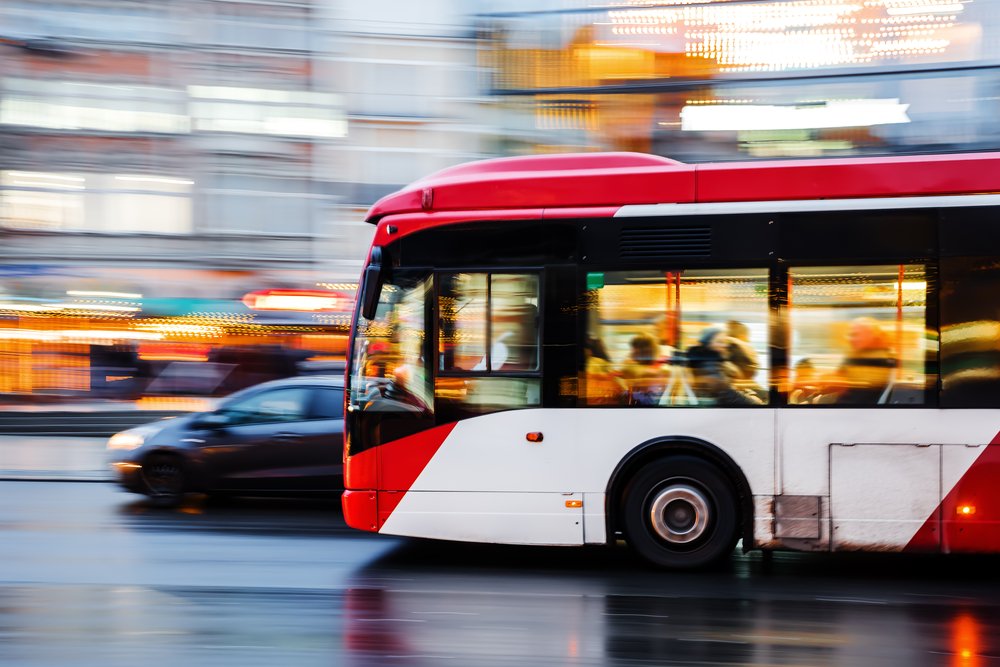Travelers today do not exhibit the same behavior as ten years ago. Digital possibilities and experiences in various environments have a major influence on the journey. This has a major and structural impact for mobility providers, their role is changing accordingly. Last week, the members of the KNV initiative MaaS-LAB established their vision for the coming years and the working group was given the new name Maas-NL. The working group is a partnership of market parties that make Mobility as a Service possible in the Netherlands. Professional market parties who can compete with each other in the provision of services to travelers, but who can also reinforce each other and also have a common interest in further developing their services in this dynamic market.
MaaS-NL acts as a discussion partner on behalf of its members towards stakeholders and governments and prepares positions for creating the right preconditions and removing the obstacles to the development of MaaS in the Netherlands as well as a level playing field for all involved. MaaS-NL offers members a platform for network and knowledge sharing with the organization of events and meetings and active involvement in other relevant organizations such as the MaaS Alliance, the Data Sharing Coalition and indirectly VNO-NCW.
MaaS is a service in the field of passenger mobility, where the service consists of offering an online platform with options for searching for, comparing, possibly reserving and paying for different types of mobility services, on the basis of current and for those traveler relevant information about those services.
The Knowledge Institute for Mobility Policy (KiM) Tweet
MaaS-NL is a partnership of professional market parties that make Mobility as a Service possible in the Netherlands. Among the permanent members of MaaS-NL we find the largest partners in mobility such as ANWB, 9292, Arriva, Bovag, GVB, HTM, Pitane Mobility, NS, RET, RAI association, Transdev, Translink, ING, Felyx and Keolis Nederland. The conclusion is that a new mindset is needed for an integrated mobility system as a whole where the traveler is central. MaaS-NL and its members cannot realize this transition on their own and are happy to discuss this with the other stakeholders.
For governments it means new possibilities to streamline the allocation of scarce, limited public space to mobility, concessions, permits and parking policy based on data-driven management. Optimizing the traffic system to contribute to social goals such as sustainability, accessibility, quality of life and inclusivity. Influencing mobility patterns to achieve policy goals such as accessibility, quality of life and sustainability based on the use of data with a view to climate adaptation and energy transition.


